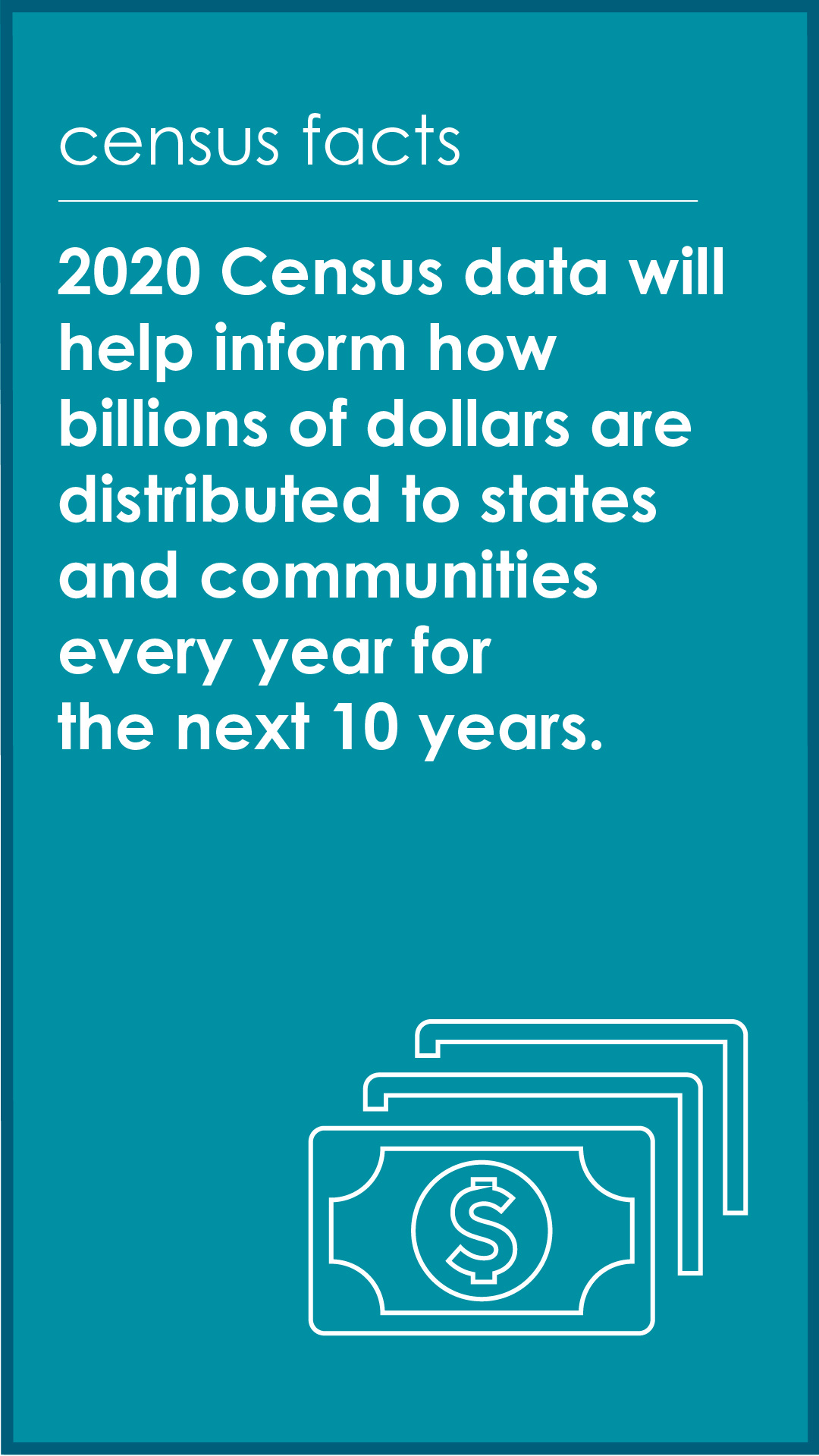OTAN News
Census 2020 Is Almost Here!

Census Day 2020 – April 1 – is quickly approaching, and there are many census-related materials available to help students, staff, and community members learn more about the census and its importance, as well as assist students who might be interested in working as census enumerators in the coming months.
On Monday, February 3, the Public Policy Institute of California will host a live webcast, Countdown to Census 2020, with speakers, including California Secretary of State Alex Padilla, discussing the potential impact of the census on California and the importance of participation of all Californians in this momentous event. You can learn more about the webcast and how to register for free on this PPIC webpage.
The California Adult Education Program has materials on its Census 2020 webpage organized into the following categories:
-
Two introductory webinars with supporting materials – Census 2020: Making Half a Million Jobs Count, and Census 2020: Preparing Your Adult Education Program, Participants, and Community
-
Resources to raise awareness around the census and the importance of every person being counted – These include many Census 2020 Resource Links organized by the National Coalition for Literacy, materials from the US Census Bureau, and some materials created by California adult education agencies that can be modified for other communities around the state.
-
Resources to recruit individuals for census enumerator positions – These include materials from the US Census Bureau and other organizations that detail the job positions, skills needed for the positions, how to apply, and how adult ed agencies can help prepare candidates for the positions.
-
EL Civics resources – CASAS has prepared a special Census 2020 COAAP 54.1, and this section provides more information on the COAAP and instructional materials teachers can use in their classrooms with students.
There is still time to get your adult ed agency and community ready for Census 2020. Take a look at these resources to help your students, staff, community members, and partners learn more about the census and its significance for our communities and our state.

